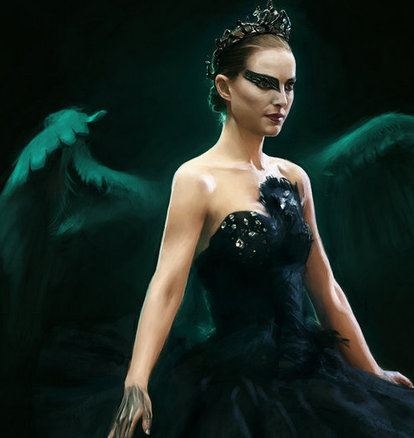
Black Swan, released in 2010 and directed by Darren Aronofsky, was a precursor to Birdman in showing the rigorous struggles of an artist who wants nothing more than “to be perfect.” This noble (though often impossible) endeavor drives Nina, cast in the dual role of the White Swan and the Black Swan in Tchaikovsky’s Swan Lake, to the point of total madness as she struggles to master both characters through the choreography and emotive expression evoked from her internal dialogue.

Similarly, Riggan is pushed to the brink during the process of putting on a theatrical production of Raymond Chandler’s short story, What We Talk About When We Talk About Love. In each instance, both characters are attempting to do justice to a masterwork by another artist. Moreover, their desire to prove themselves to be better than everyone thinks they are plays heavily into their intense motivation/predilection towards insanity.

The overriding themes of Black Swan and Birdman explore the notion that a total commitment to one’s art involves complete and utter sacrifice of the mind and body to it. This type of obsession inevitably leads to hallucination (Nina with her lesbianic fantasies about Lily/The Black Swan–played by Mila Kunis–and Riggan with his imagined inner arguments with Birdman), and, subsequently, suicide. Death for art is the ultimate means to prove one’s unequivocal self-sacrifice, after all.





















